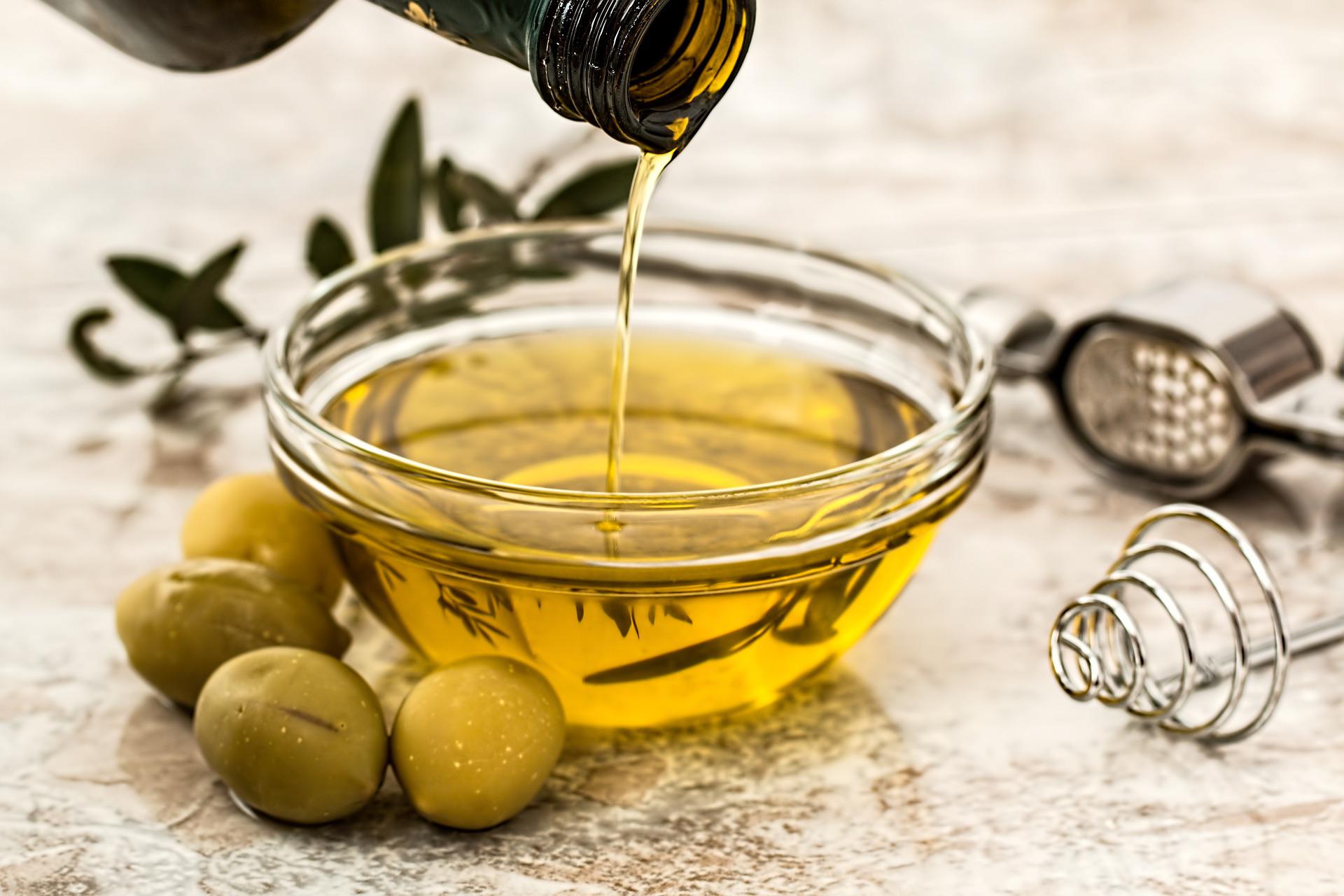Dietary fat has been given a hard time in the challenge to maintain a healthy body weight, and avoid heart disease and high cholesterol. Is fat something that we should avoid or include in our diet?
Now we know that it is not only the amount of fat that needs to be taken into consideration but also the type. Although some types of fat are detrimental to our health, others are essential for our well-being.
Let’s take a look at some of the functions of fat in the different areas of our bodies:
| Brain | Essential for brain function, essential for brain development both pre and postnatal, our ability to learn, our memory, our moods |
| Cells | Fatty acids are needed to build cell membranes and keep them flexible. |
| Heart | Over half of our heart’s energy comes from burning fats. Omega-3 fats can lower heart rate and improve heart rhythm. |
| Nerves | Fats have a protective role on our nerves and are also imperative for the transmission of electrical impulses |
| Lungs | Lung surfactant, which is found in the fluid lining the alveolar surface of the lungs, requires a high concentration of saturated fats. Low surfactant levels cause low oxygen levels in the body. |
| Eyes | Fats are needed for the retina to receive, convert and send light signals to the brain. |
| Digestion | Fats help provide a constant energy level by slowing down the digestion of carbohydrates. This slowing down also helps the body to absorb more nutrients and also keeps the body feeling fuller for longer periods of time. There are also some Fat-soluble vitamins (A, D, E, and K) which can only be absorbed if fat is present. |
| Organs | Fats cushion and protect your internal organs. |
| Immune System | Fatty acids are involved in the regulation of our immune function and inflammation. |
Types of fat
Monounsaturated fats
These are liquid at room temperature and turn cloudy when refrigerated
The primary source is olive oil. Other good sources are avocados; nuts such as almonds, hazelnuts, and pecans; and seeds such as pumpkin and sesame seeds.
People following a Mediterranean diet, which is very high in foods containing monounsaturated fats like olive oil, tend to have a lower cardiovascular disease risk.
Polyunsaturated fats
These are liquid at room temperatures as well as at cold temperatures.
Primary sources are nuts, seeds, flaxseed oil, hemp seed oil, and oily fish.
Included in this category are the Omega-3 and Omega-6 groups of fatty acids, which are not produced by your body. The western diet tends to be quite high in Omega-6 so it is important to seek out foods that are high in Omega-3. Omega-3 is anti-inflammatory and is found in high concentrations in oily fish and flax seeds.
Saturated fat
These are usually solid at room temperature and have a high smoking/burning point.
Primary sources are animal products including red meat and whole-milk dairy products eg butter. Other sources are tropical vegetable oils such as palm oil and foods made with these oils.
Coconut oil is a saturated fat however due to the mid-chain fatty acids it contains (MCT’s), specifically lauric acid, there is some indication that it may lower overall heart disease risk. It is also heat-stable and has a number of beneficial properties making it a great choice for high-temperature cooking. Always choose the cold-pressed organic variety.
Trans Fats (stay away!)
Trans fats are created when liquid vegetable oils are heated during cooking or during the hydrogenation process used in food production.
Primary sources of trans fat are vegetable shortenings, margarine, crackers, candies, cookies, snack foods, fried foods, baked goods, and other processed foods made with partially hydrogenated vegetable oils.
Trans fat raises LDL or “bad” cholesterol that increases your risk of coronary heart disease (CHD), as well as lowering HDL, or good cholesterol.
There is no benefit whatsoever to consuming trans fats and as such, they should be completely avoided.
To do this:
-avoid fried foods,
-use organic coconut oil for cooking at home
-read the labels on food to identify those that contain hydrogenated fats.
Top Foods For Healthy Fats
- Oily fish – Wild Salmon, trout, mackerel, sardines, anchovies, herrings, pilchards). Try to eat oily fish 2-3 times a week
- Omega 3 eggs. Use up to six omega-3 eggs per week (organic)
- Avocados. Add to a salad or smoothies
- Raw unsalted nuts (not peanuts which are high in Omega-6) and Raw unsalted seeds – pumpkin, sunflower, sesame, and linseeds. Snack on raw unsalted nuts/seeds or sprinkle them on food before serving
- Olive oil. Use it to make your favourite homemade salad dressing.
- Flaxseed oil and Hempseed oil – only use cold-pressed and keep refrigerated. Drizzle a few teaspoons of flax or hemp seed oil into a smoothie or on to food just before serving
- Olives. Snack on olives or add to salad
- Organic cold-pressed coconut oil. Stir fry with organic cold-pressed coconut oil
Lastly, go for it! Including healthy fats in your diet will not only quell those hunger pains, but it will also help practically every area of your body to be better and stronger. Treat it right and fat will be your friend.



